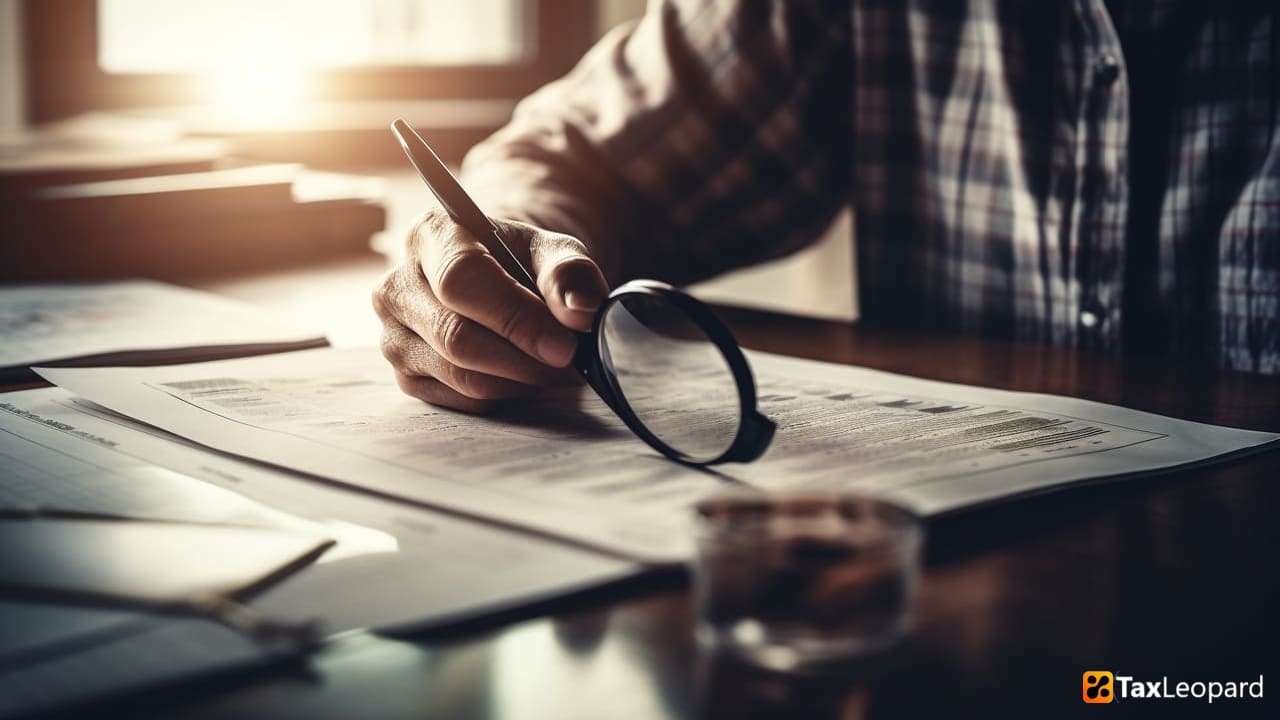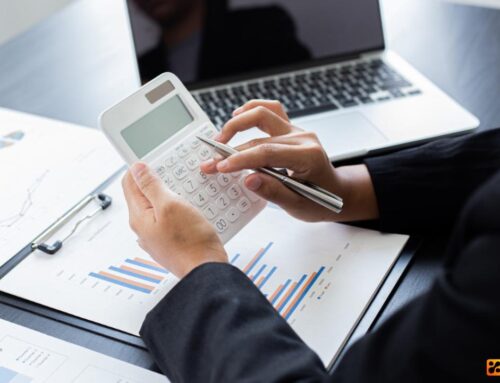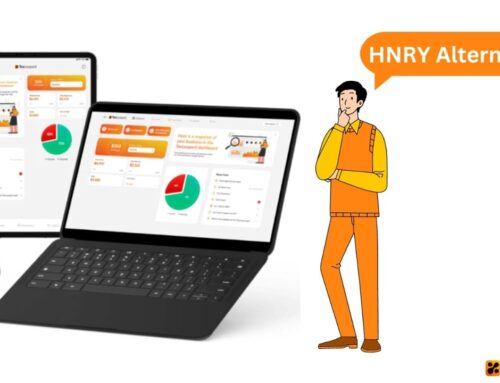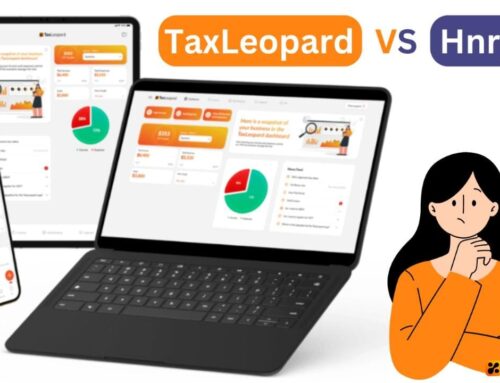In a world where financial fraud and crimes are escalating, the need for a specialized skill set to combat these challenges is imperative. Research indicates that global financial crime rates have surged, posing significant threats to the integrity of financial systems. This is where forensic accounting steps in as a crucial solution. Bridging the gap between accounting and investigative skills, forensic accounting is a discipline dedicated to unearthing financial discrepancies and illegal activities. It involves meticulous analysis of financial records to detect and prevent fraud, provide litigation support, and ensure compliance with financial regulations. Forensic accountants are the unsung heroes in the financial world, using their unique expertise to maintain transparency and uphold justice in financial matters.
Importance of Forensic Accounting in Australia
In Australia, the role of forensic accounting has become increasingly critical due to the complex financial landscape and the rise in sophisticated financial crimes. This specialized field bridges the gap between traditional accounting and legal processes, providing essential services in the detection and prevention of fraud.
Forensic accountants in Australia possess a unique set of skills that enable them to dissect financial data meticulously. Their work often involves:
- Investigating financial discrepancies and irregularities.
- Assisting in legal proceedings by providing expert witness testimony.
- Uncovering and preventing instances of fraud, money laundering, and other financial crimes.
Their expertise is not limited to just criminal investigations. They also play a significant role in civil matters, such as business valuations, family law disputes, and insurance claims. In these scenarios, they provide critical analysis and quantification of financial loss or damage.
Moreover, forensic accounting in Australia contributes significantly to enhancing corporate governance and ethical standards. By ensuring financial transparency and accountability, they help in building trust among investors, regulators, and the public.
The Role of a Forensic Accountant

Forensic accountants in Australia and New Zealand skillfully analyse financial information for clarity and accuracy. They often engage in audit activities to detect financial crimes within organisations. As expert witnesses, these accountants provide critical insights in court, especially in dispute resolution cases. Their role extends beyond traditional accounting; they often delve into risk management and investigative practices. Chartered accountants with a forensic specialization are highly sought after for their unique qualifications. These professionals are instrumental in cases of acquisition and financial disputes, providing clear, concise analysis.
Core Skills of Forensic Accountant:
- Forensic accountants in Australia blend accounting expertise with investigative skills, essential for uncovering fraud or financial manipulation.
- They are proficient in analysing financial records, a key aspect of conducting forensic audits and financial investigations.
- Their work often involves providing expert evidence in litigation support, crucial for cases in family law and corporate governance.
- Accredited by bodies like CPA Australia and Chartered Accountants Australia and New Zealand (CAANZ), they demonstrate advanced knowledge in their field.
- These professionals possess skills in data analytics, aiding them in a detailed examination of complex financial statements and transactions.
- Forensic accountants are trained in APES 215, ensuring adherence to high standards in professional services and ethical conduct.
- They have a keen understanding of business valuation, which is vital for quantifying economic loss in legal disputes and tribunal cases.
- Their role frequently includes working on anti-money laundering (AML) initiatives, highlighting their role in high-risk financial environments.
- Proficiency in using computer applications for analysing large volumes of financial information is a key skill for these accountants.
- They often provide unbiased, objective financial evidence in formal litigation, such as divorce cases or instances of serious fraud.
- With extensive experience, forensic accountants in Australia are adept at performing detailed investigations into economic damages and misconduct.
- Their advisory services often extend to due diligence, reinforcing their role in safeguarding against vulnerability in financial transactions.
Forensic Accounting in Legal Proceedings
In legal proceedings, forensic accounting services play a pivotal role. These accountants are trained to navigate the complexities of litigation, offering detailed financial insights. As analysts, they dissect financial data to support or refute claims in court. Their engagement is crucial in cases involving large financial transactions or disputes.
Forensic accountants in Australia often act as a bridge between financial information and legal interpretation. They provide expert testimony, making complex financial concepts understandable to the court of law. Their work ensures fair and informed decisions in financial litigation cases.
Advanced Techniques in Forensic Analysis
Forensic accounting continuously evolves, embracing advanced techniques to meet the growing complexities of financial fraud. One pivotal technique is data analytics, which enables accountants to process vast amounts of financial data efficiently. This approach is critical in identifying patterns indicative of fraudulent activities.
Another advanced method is the use of digital forensics, integrating computer science into financial investigations to uncover electronic evidence. These techniques, combined with traditional accounting methods, enhance the forensic accountant’s ability to detect and interpret financial discrepancies.
The integration of artificial intelligence (AI) and machine learning also represents a significant leap, automating the detection of anomalies in financial records. Such advancements not only streamline processes but also increase accuracy in forensic investigations.
Ethical Considerations in Forensic Accounting
In forensic accounting, ethical considerations are paramount, guiding professionals to uphold integrity and objectivity. Forensic accountants must adhere to:
- Confidentiality: Respecting sensitive information and preventing its unauthorized disclosure.
- Impartiality: Remaining unbiased, irrespective of the parties involved.
- Professional Competence: Ensuring adequate knowledge and skills for each assignment.
- Transparency: Reporting findings honestly and clearly, avoiding misrepresentation.
These principles ensure that forensic accountants maintain public trust and provide reliable, ethical services. Adherence to ethical standards also safeguards accountants from legal repercussions and upholds the profession’s reputation.
Challenges in Forensic Accounting
- The increasing sophistication of financial fraud requires advanced skills and technologies for effective detection.
- The global nature of financial transactions introduces jurisdictional complexities and varied regulations.
- Forensic accountants often face challenges with limited access to complete data due to concealment or manipulation by involved parties.
- The necessity to stay updated with evolving financial regulations and accounting standards adds to their professional challenges.
- Forensic accountants are critical in identifying and resolving financial disputes and fraud despite these obstacles.
- Their contributions are significant to corporate governance and legal proceedings.
Wrapping Up
Forensic accounting, with its combination of investigative prowess and financial acumen, plays an indispensable role in safeguarding economic integrity. These professionals are the bulwarks against financial malpractices, ensuring that businesses and individuals adhere to legal and ethical standards. By meticulously analyzing complex financial data, they contribute significantly to resolving economic disputes and preventing financial crimes. Their role in today’s financially intricate world is more vital than ever, as they navigate through layers of data to uncover the truth.
As the financial landscape continues to evolve, the question remains: How will the role of forensic accounting change in response to emerging financial challenges and technologies?
FAQs
1. What is an expert witness?
An expert witness in forensic accounting provides independent financial analysis in court, often testifying on complex accounting matters.
2. What is a consulting forensic accounting expert?
A consulting expert in forensic accounting advises on legal strategies, reviewing and critiquing financial reports without appearing in court.
3. What are investigation services?
Forensic accountants investigate unethical behaviours like fraud and gather financial evidence for potential legal proceedings.
4. Does a forensic accountant always have to provide opinions?
Not always. Forensic accountants sometimes collate financial data or model financial scenarios without giving opinions.
5. When should I engage a forensic accountant?
Engage a forensic accountant early in legal disputes to help develop strategies and quantify potential losses or damages.





